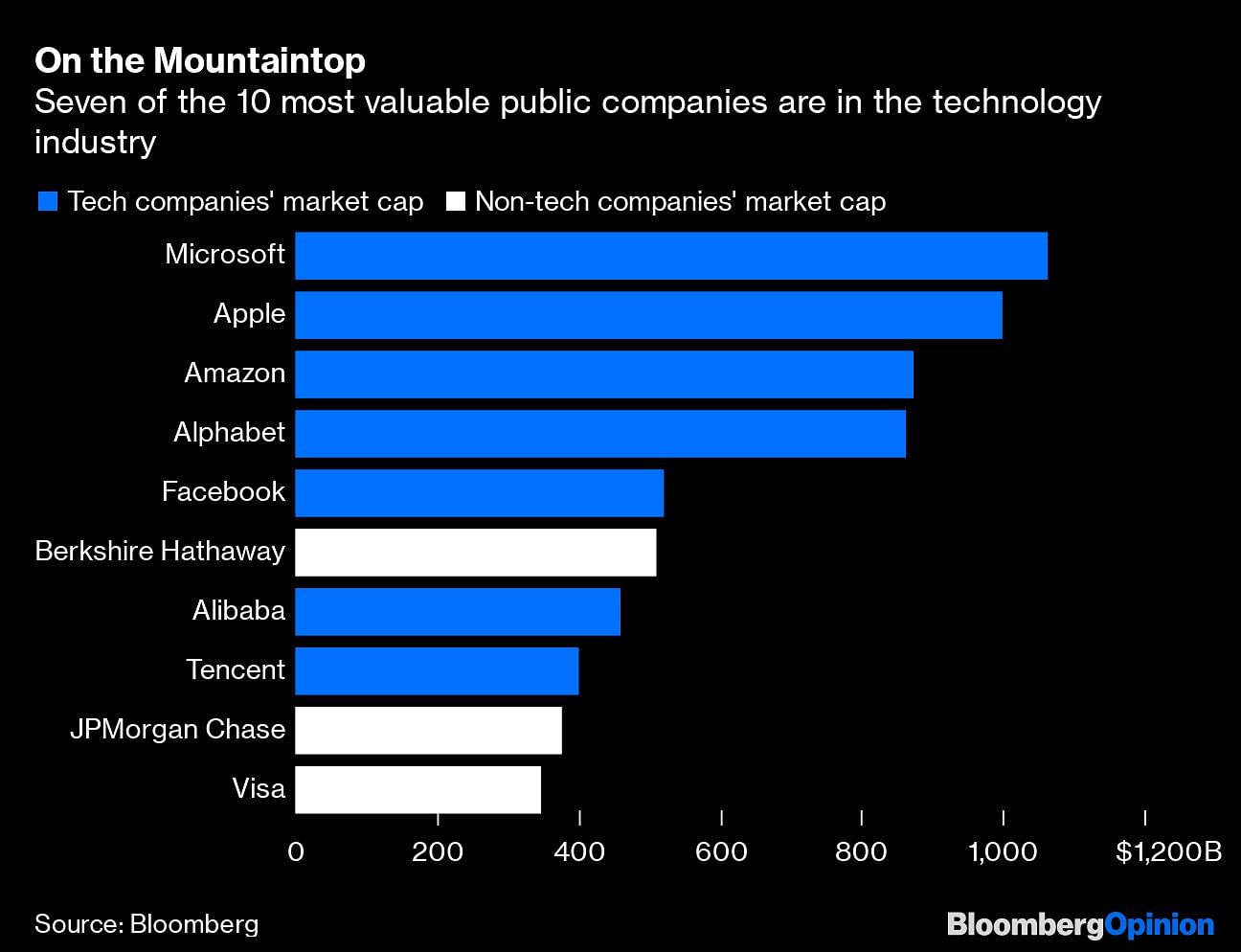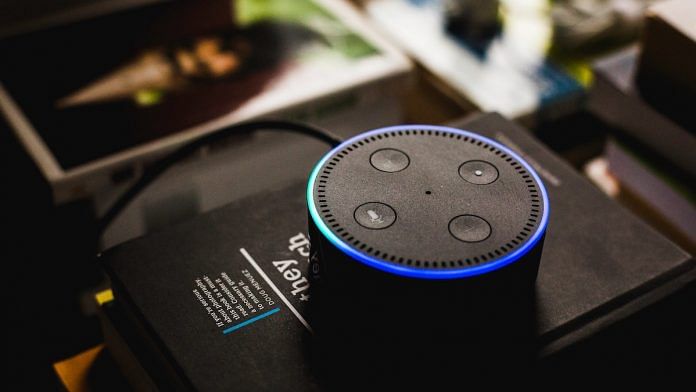Amazon.com Inc. did something odd on Wednesday. It acknowledged that it is a huge and mighty company that must tackle head-on the uncomfortable questions about its power.
At an event to roll out new or updated company devices, including limited-quantity eyeglass frames, a ring and wireless headphones all powered by its Alexa digital-voice assistant, a top Amazon executive said personal data privacy was important to the company and its shoppers.
Among other nods to privacy protection, he said Amazon would let people set their Alexa devices to automatically delete recordings of voice commands as often as every three months. (People have had the option to manually delete their stored voice recordings, if they can figure out how.)
What Amazon did was a dodge, really. It could have, for example, scaled back the reams of data it gathers on what people ask Alexa or its activity records on just about any internet-connected home gadget. The company retains the power to harness the information from people’s homes for essentially whatever purpose it wants, in ways that people might not expect and sometimes even if the device owner deletes the data.
Still, it was surprising that Amazon said and did something in response to growing questions about personal data privacy. I know it sounds strange in 2019 to commend a tech superpower for addressing an obvious topic, but Amazon had barely paid lip service before.
The privacy message is one of several recent Amazon moves that appear to reflect the company’s response — grudgingly and haltingly — to both longstanding and emerging questions about how it conducts itself. If you’re looking for evidence of a tech backlash, Amazon’s recent reactionary measures show you that it’s real.

Also read: Apple apologises for privacy mishaps with Siri, won’t retain audio recordings now
Last week, Amazon’s Jeff Bezos discussed a self-created corporate “pledge” to help reduce the impact of climate change by carbon emissions. The move was met with some criticism, in part because Amazon has declined to participate in existing carbon-reporting standards. Amazon’s hand was also forced. A group of employees was set to hold public protests about what it said was Amazon’s environmental inaction. (The employee protests went ahead.)
The point was that Amazon believed it needed to act. The same was true last year, when Amazon agreed to raise the minimum wages for its U.S. and U.K. employees to $15 an hour. That came after longstanding criticisms about wages and working conditions in its warehouses and months after U.S. Senator Bernie Sanders started publicly taking the company to task on the matter.
In all cases, Amazon might be falling short, but it’s good if the company believes it needs to change behavior or address controversies — or risk a Facebook-like descent into the spiral of techlash. I have started to worry that in recent episodes, such as the failed effort to open a large office in New York City, Amazon has been showing signs of myopia and overconfidence that what it does it always right.
There is still plenty of myopia, to be sure. In fresh disclosures about the demands imposed on Amazon’s contract delivery drivers, counterfeit or dangerous products sold on its marketplace, and allegations of tilting its rules to favor the company, Amazon has done or said too little — or done the wrong things. It also seems that Amazon executives don’t acknowledge their own role in sparking resistance among local New York politicians to the company’s effort to put a taxpayer-financed outpost in the city.
So far, there’s little direct evidence that Amazon’s business or public perception have been dinged by a pile-up of questions about the company or its business practices. A U.S. consumer survey last year found Amazon was more trusted than most institutions in the country.
But the Pew Research Center found recently that a shrinking share of Americans believe tech companies are impacting the country positively. Tech companies’ efforts to give people control over how much they use their products and to emphasize safety and privacy are responses to consumer unease. And as we’ve seen from Google and Facebook, once a powerful company starts to lose people’s trust or has the political Klieg light trained on it, it can be an uncontrollable spiral.
I heard a double-duty message Wednesday from Dave Limp, the executive in charge of Amazon’s line of hardware and services. “We will continue to listen to customers,” he said. Yes, Amazon’s always-on Alexa will keep listening. And Limp easily skipped from talking about consumer privacy protections to trumpeting how much people love cameras and how Amazon is happy to put them everywhere.
It was a mixed message. Still, one of Amazon’s favorite aphorisms is that it listens to the customer. The fact that Amazon talked about privacy at all shows that the company knows people are concerned and that it needs to at least take heed of criticisms. – Bloomberg
Also read: Google blocks privacy push at the group that sets web standards



